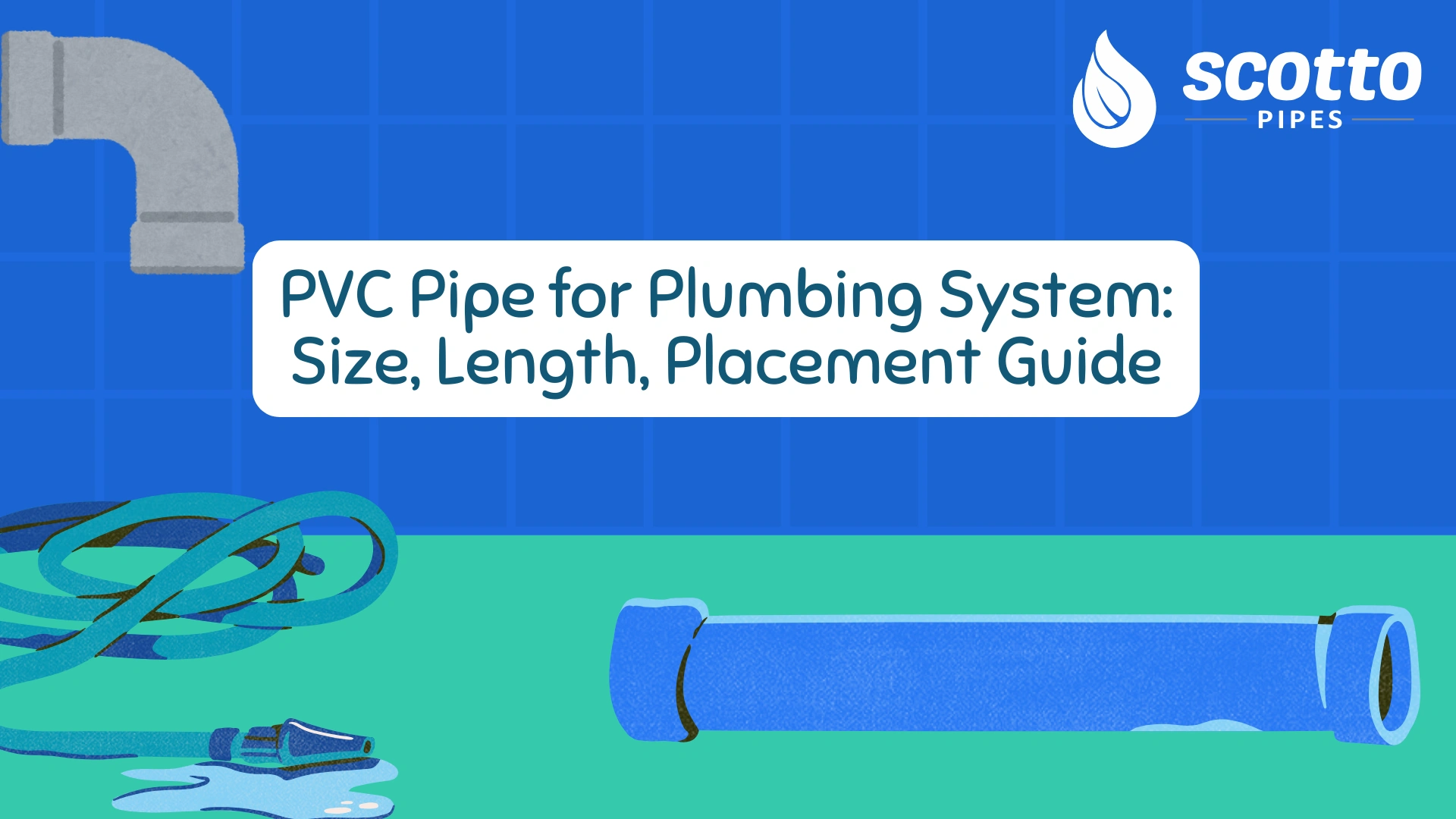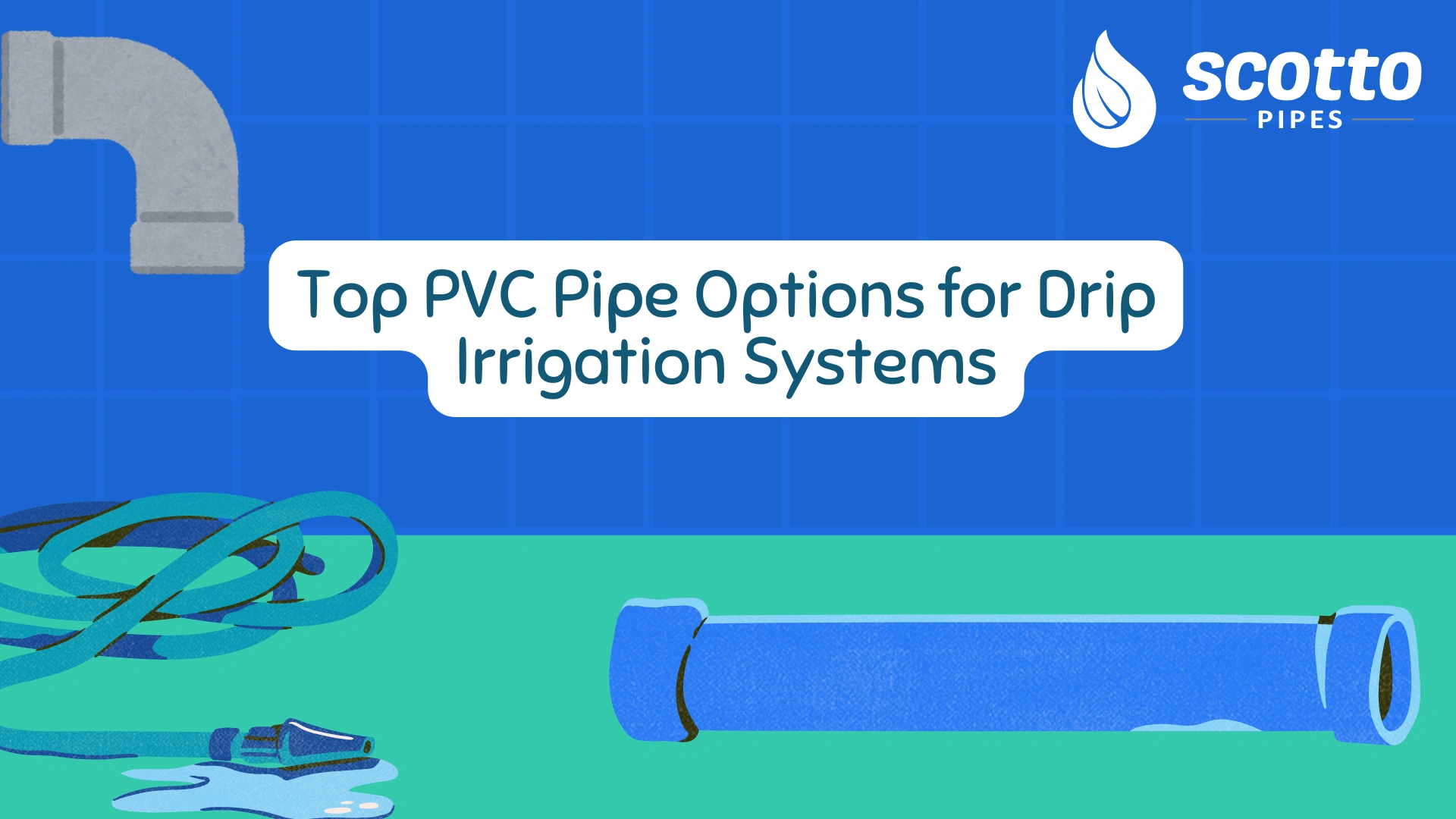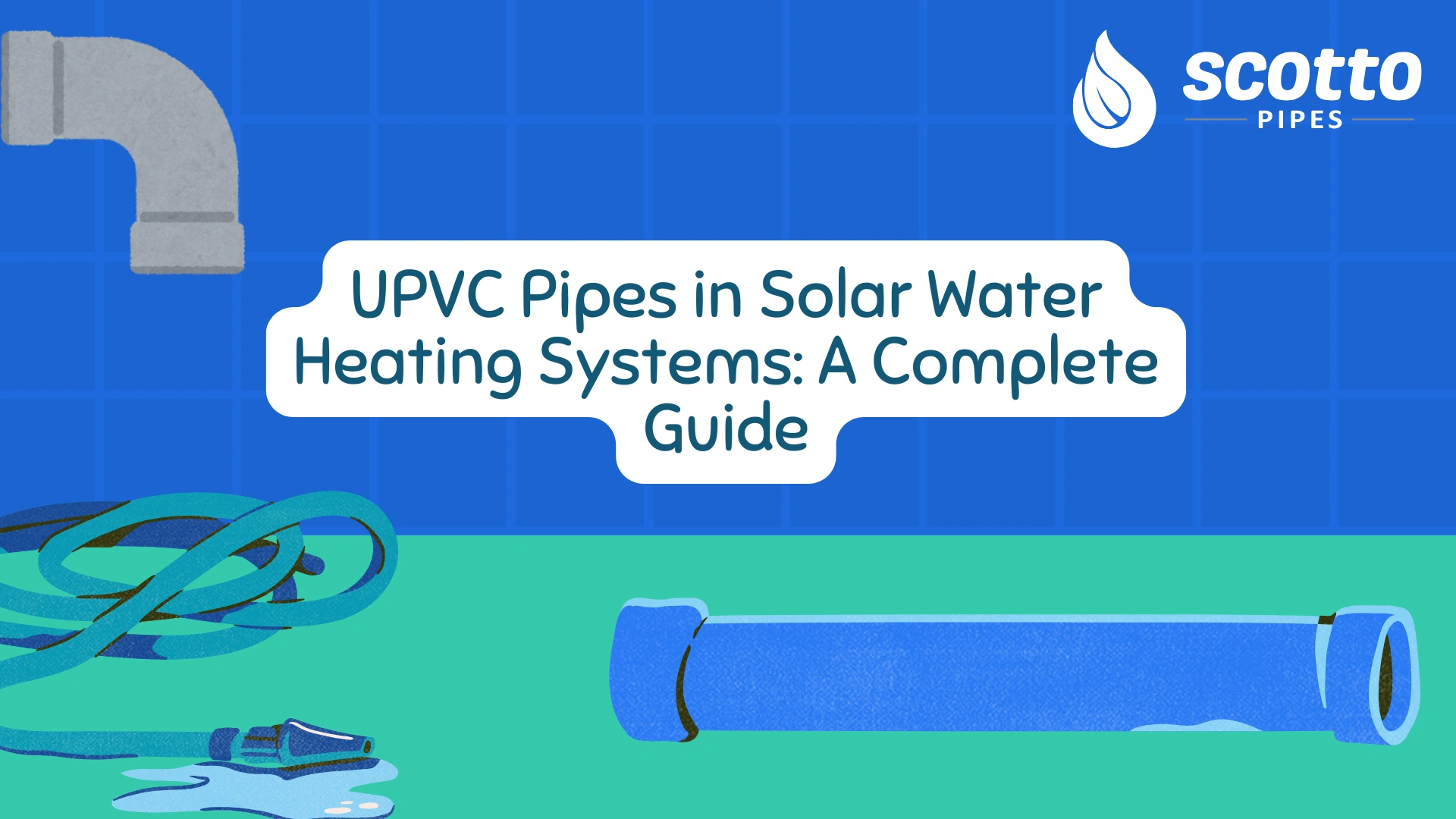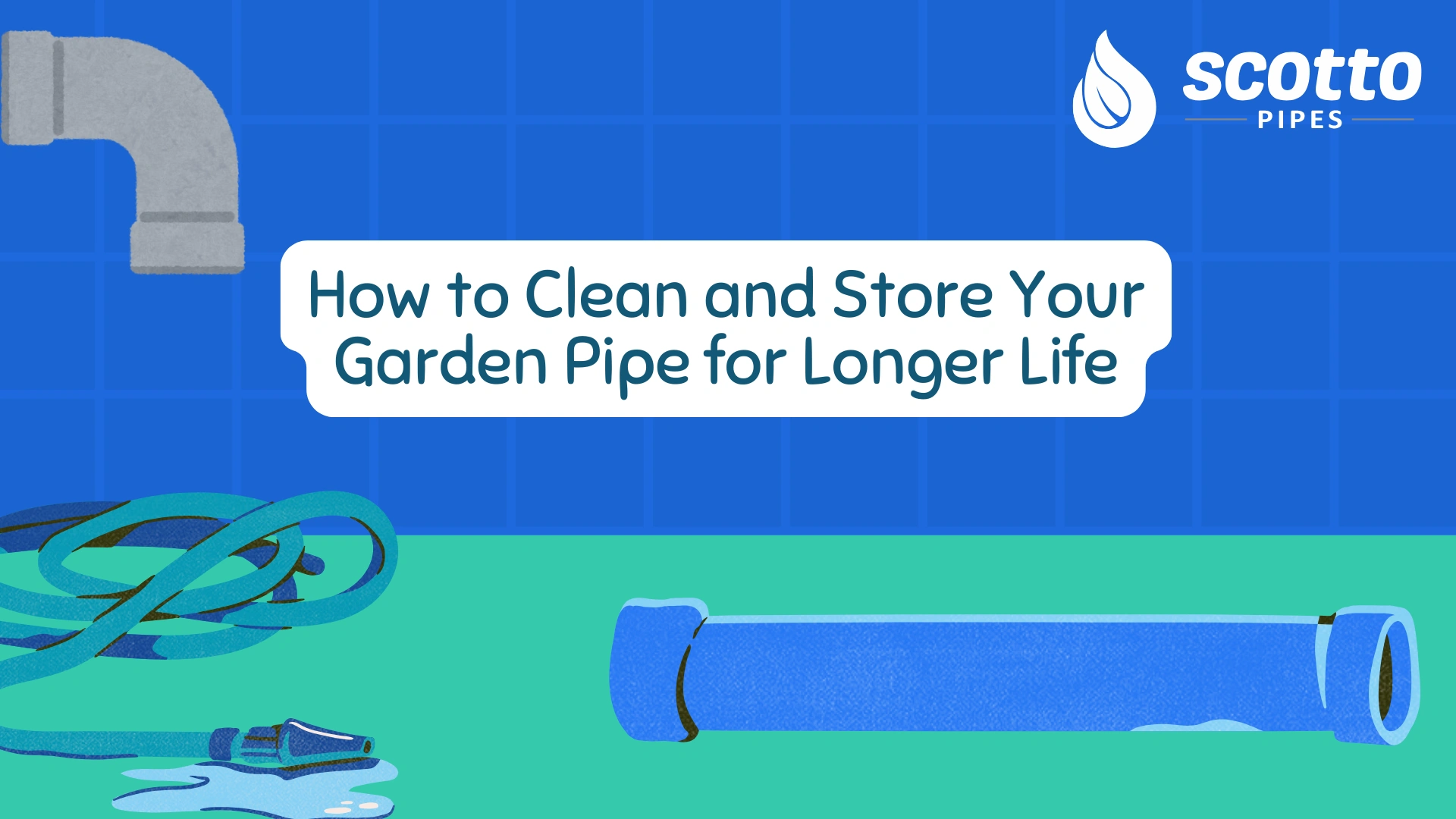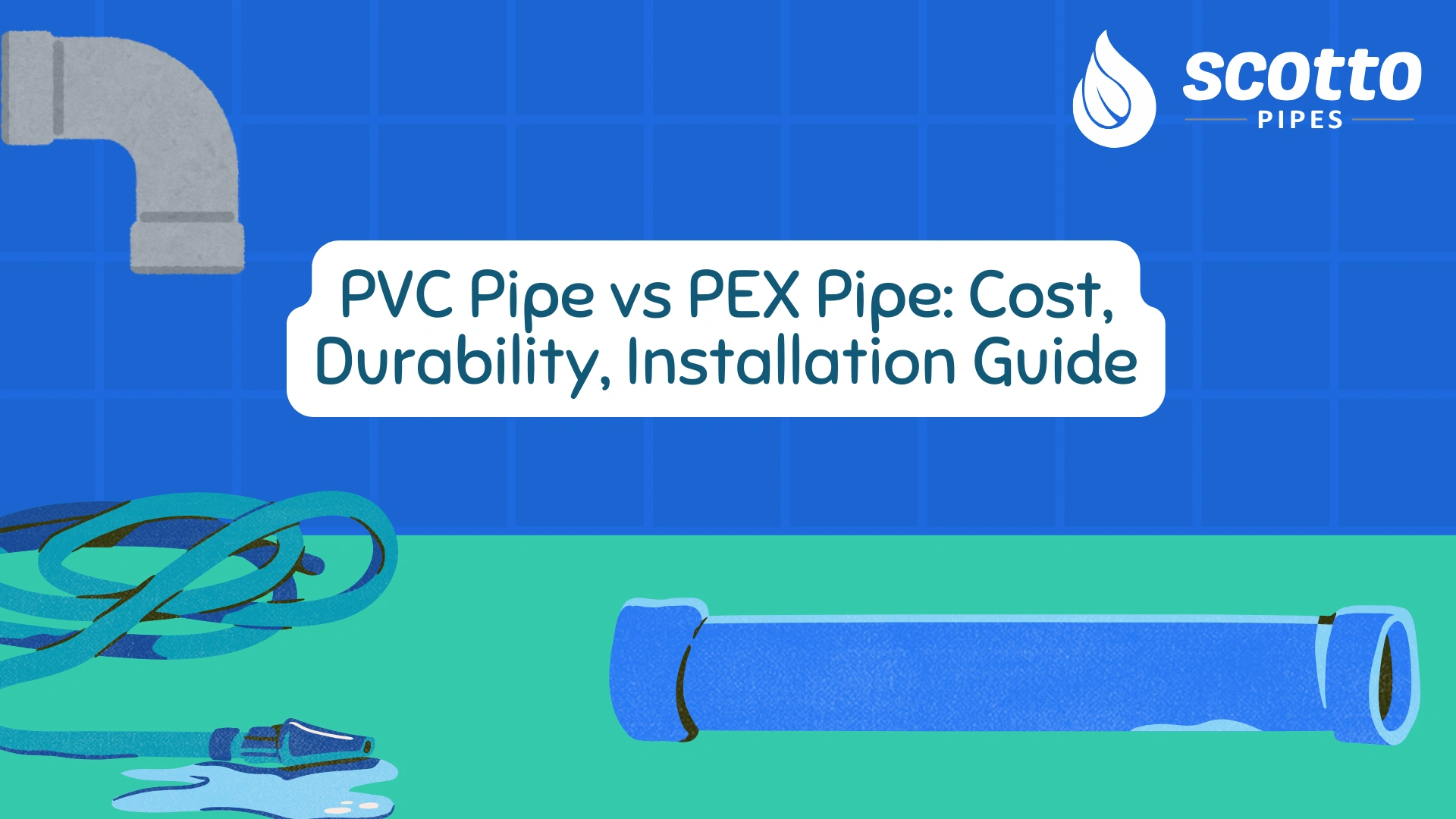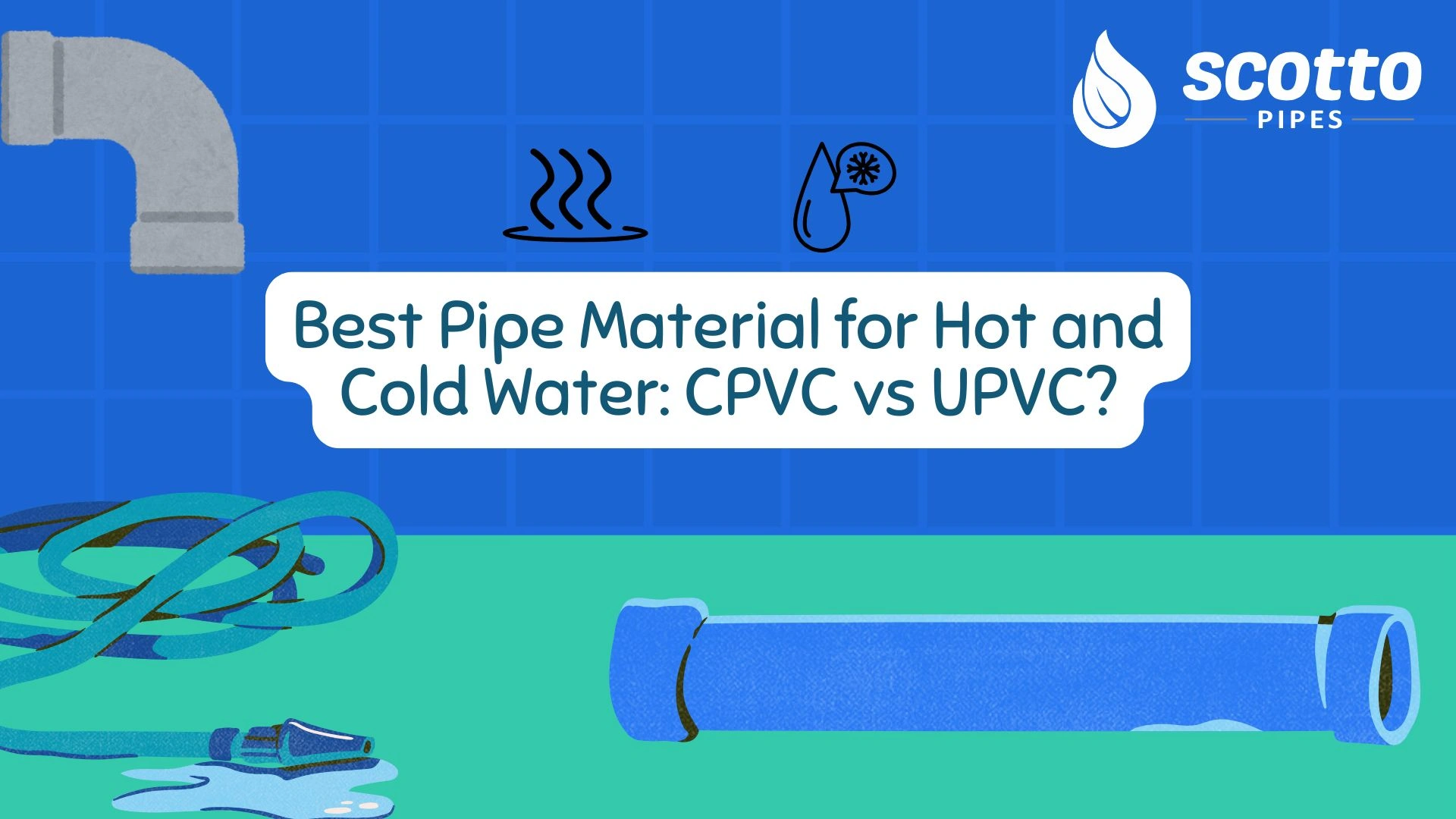
When selecting the material of the pipes to be used in the hot and cold water, it is important to consider the durability aspects, as well as safety, and economic factors. CPVC pipe and UPVC pipe are two of the most popular piping alternatives that are typically compared to meet residential and industrial plumbing demands. Which of the two will suit your project better?
This blog will compare the differences between CPVC and UPVC to assist your decision-making.
What is a CPVC Pipe?
The CPVC or the Chlorinated Polyvinyl Chloride is a type of pipe that is made purely to resist high temperatures. A CPVC hot water pipe can resist temperatures up to 200F/93C due to its chlorinated construction, and is therefore useful in both residential and commercial plumbing.
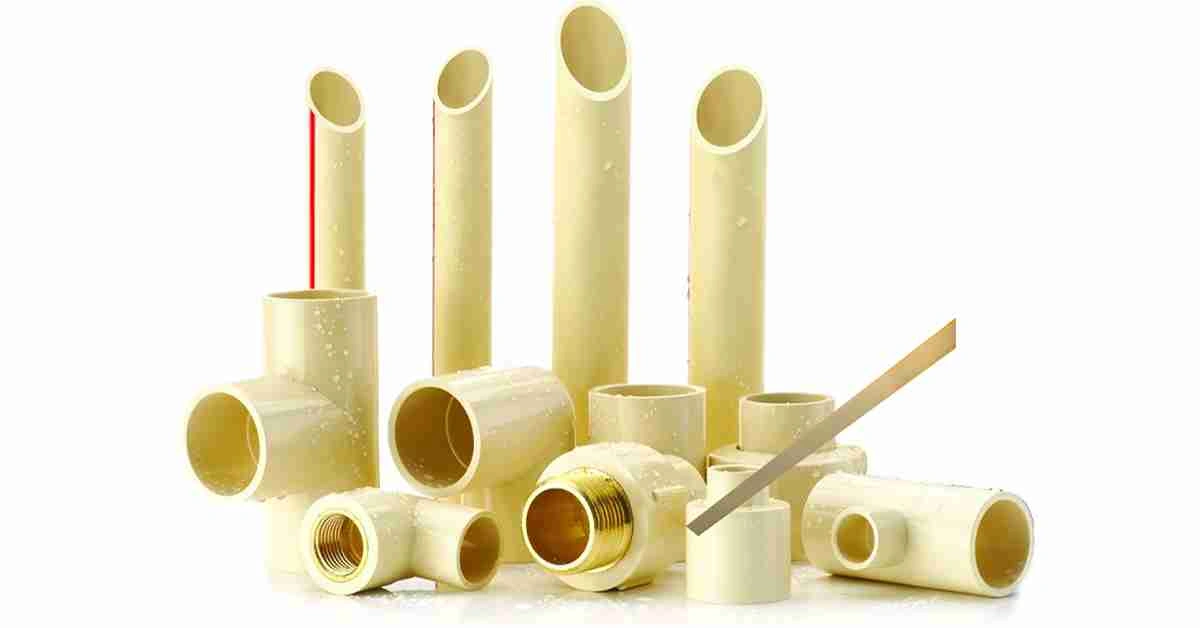
CPVC Pipe Key features:
-
Handles both hot and cold water, up to 93°C
-
Excellent chemical and corrosion resistance
-
Flexible and easy to install in complex layouts
-
Certified safe for potable water (when NSF certified)
-
Fire-retardant properties
CPVC pipe and fittings are widely used in hot water lines, industrial fluid handling, and fire sprinkler systems.
What is a UPVC Pipe?
UPVC, or Unplasticized Polyvinyl Chloride, is a rigid, non-flexible piping material. Unlike CPVC, UPVC contains no plasticizers, which gives it excellent mechanical strength but limits its temperature resistance. UPVC or Unplasticized Polyvinyl Chloride is a rigid non-flexible piping material. In contrast to CPVC, UPVC has no plasticizers, providing it with outstanding mechanical strength and restricting its high-temperature characteristics.
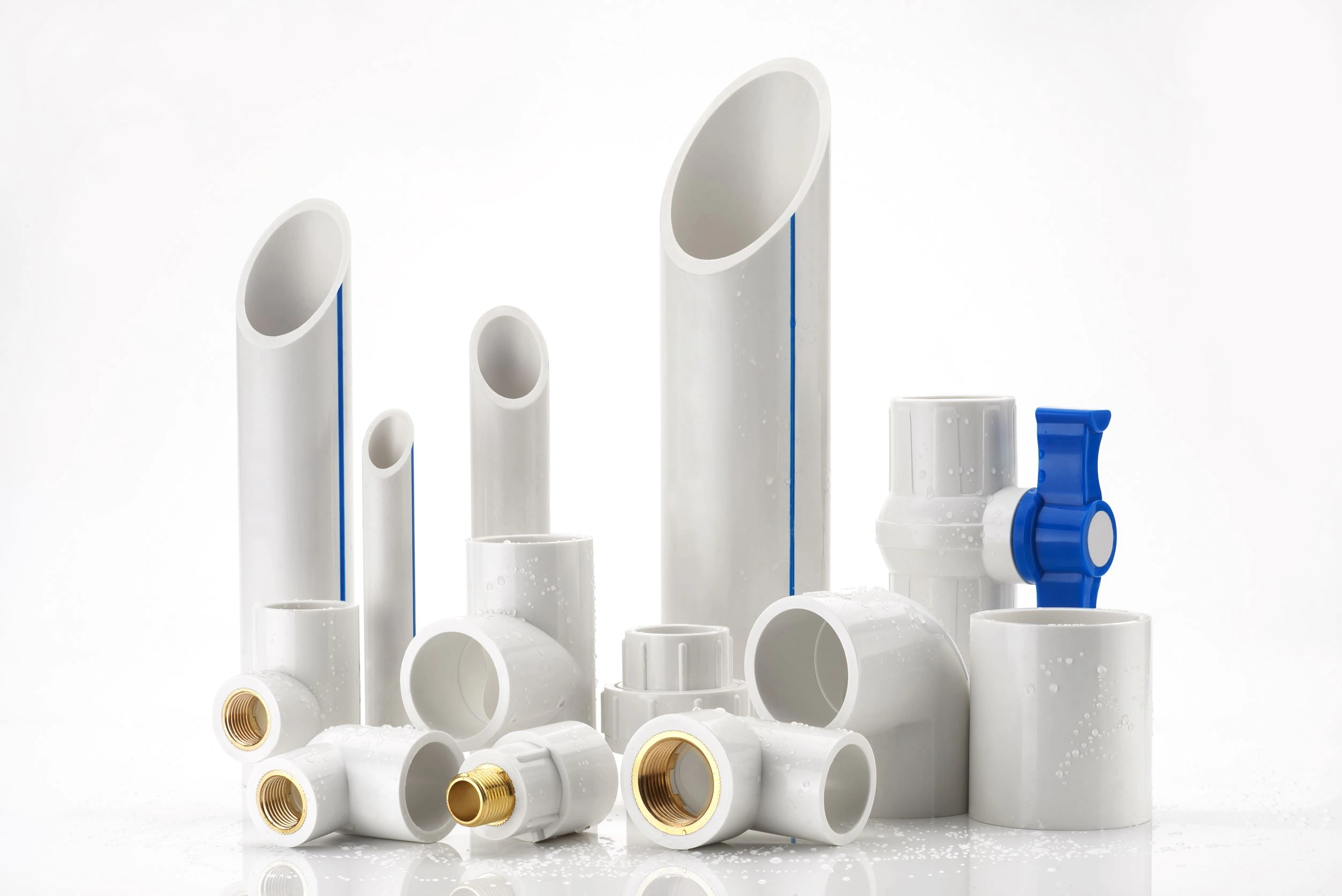
UPVC Pipes Key features:
-
Highly durable and rigid
-
Cost-effective and widely available
-
Excellent for cold water and drainage applications
-
Low maintenance and lightweight
-
Good chemical resistance
Their durability, chemical resistance, and affordability make them ideal for a wide range of non-heated applications. The UPVC pipeline is also common in agricultural and irrigation systems, and UPVC pipe fittings are widely available in the market.
CPVC vs UPVC: Key Differences
Here’s how CPVC and UPVC stack up in different categories:
| Feature | CPVC Pipe | UPVC Pipe |
| Material | Chlorinated Polyvinyl Chloride | Unplasticized Polyvinyl Chloride |
| Temperature Tolerance | Up to 93°C | Up to 60°C |
| Pressure Resistance | High | Moderate |
| Best Use | Hot water systems | Cold water, drainage |
| Flexibility | Slightly flexible | Rigid |
| Lifespan | 50+ years | 40–50 years |
| Cost | Slightly higher | More economical |
The chemical structure of chlorinated polyvinyl chloride pipe makes it superior in hot water conditions, whereas unplasticized polyvinyl chloride is more suited for ambient water flow or vent systems.
Which Is Better for Hot Water?
When your plumbing design requires heated water especially above 60 degree Celsius then CPVC pipe is superior. Even under high temperatures, it is still strong and performs. It also works with CPVC plumbing fittings so connections made with such pipes are free of leaks.
Hence, in case you are upgrading your current geyser piping or switching to a solar hot water system, choose to use the CPVC pipe to provide hot water.
Which Is Better for Cold Water or Drainage?
UPVC is the reason for choice employed in cold water and drainage piping and plumbing. It is not heat resistant but it offers outstanding strength and chemical resistance. Be it a domestic water supply line or a commercial UPVC drainage pipe, it is durable and performs well.
You may also come across black UPVC pipe, commonly used for UV resistance in outdoor or exposed installations.
Applications of CPVC and UPVC Pipes
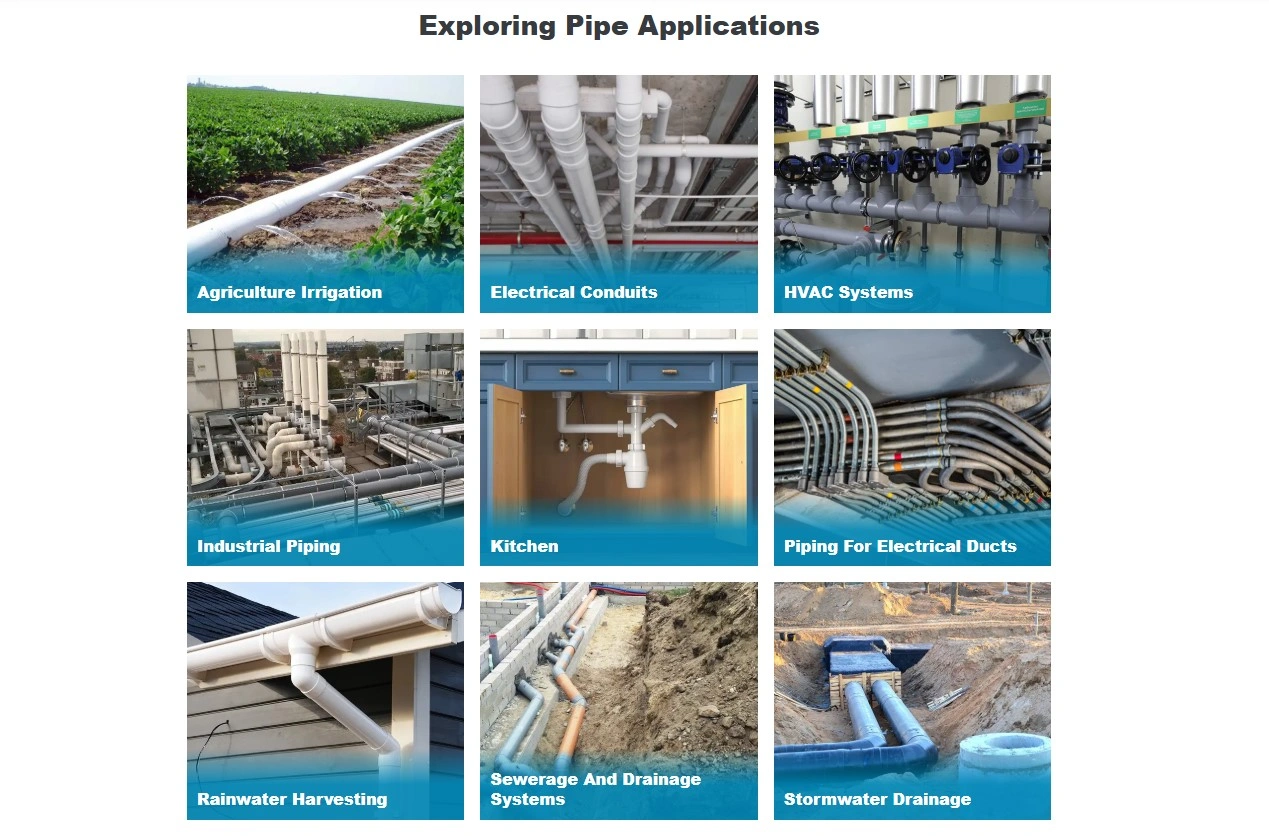
CPVC Applications:
-
Hot and cold water supply in homes, apartments, hotels, hospitals
-
Industrial processing plants
-
Solar water heating systems
-
Fire protection systems
-
Drinking water transmission
UPVC Applications:
-
Residential cold water supply
-
Underground sewage and drainage
-
Rainwater harvesting systems
-
Electrical cable conduits
-
Swimming pools
-
Industrial chemical transportation (low temperature)
Both systems support a wide range of pipe & pipe fittings, allowing flexibility in design and layout.
Cost Comparison: CPVC vs UPVC
While CPVC pipes tend to be more expensive than UPVC pipes, the difference is justified by their performance in high-temperature environments. CPVC also offers long-term savings by reducing leakage issues and maintenance costs.
On the other hand, PVC pipes and fittings are more budget-friendly and perfect for large-scale cold water distribution systems.
Conclusion
Both CPVC and UPVC pipes offer distinct benefits, and choosing the right one depends on your specific application. If your project involves hot water or high-pressure systems, CPVC is the durable, safe, and reliable solution. For cold water supply or drainage, UPVC offers excellent performance at an economical price. Choosing between them depends on your application, budget, and long-term usage goals. For large projects or complex installations, always consult a plumbing professional to ensure optimal results.
At Scotto Pipes, we manufacture and supply high-quality pipes built for reliability, performance, and compliance with modern plumbing standards. Whether you’re working on a residential project or an industrial facility, we have the right solution for your needs.
Questions People Also Ask
1. What is the difference between CPVC and UPVC?
CPVC is chlorinated and can handle hot water, while UPVC is unplasticized and used mainly for cold water and drainage systems.
2. Can UPVC be used for drinking water?
UPVC can be used for drinking water if it is certified by the manufacturer as safe for potable use. Always check for NSF or similar certifications.
3. How long do CPVC and UPVC pipes last?
Both CPVC and UPVC pipes are known for their long service life, often exceeding 50 years when properly installed and maintained.
4. Which pipe is more durable?
Both pipes offer long service life, but CPVC is more durable in high-temperature applications.
5. Are CPVC and UPVC pipes safe?
Yes, when sourced from reputable brands and installed correctly. CPVC is widely recognized for its safety in potable water and hot water systems. For UPVC, ensure it meets drinking water standards.
6. How durable are UPVC pipes and fittings?
When used correctly, UPVC pipes and fittings can last for decades with minimal maintenance.


